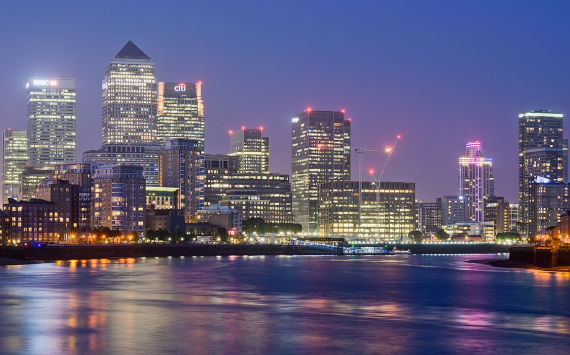
Redefining London's Skyline
London's Canary Wharf financial district is undergoing a dramatic transformation as plans emerge for a radical redesign of one of its largest office towers following the impending departure of tenant HSBC.
Canary Wharf Group (CWG), backed by the Qatar Investment Authority (QIA), is leading a redesign of a 45-floor building, considering converting it into apartments or a hotel. HSBC's exit from their iconic skyscraper by late 2026 has triggered this redevelopment of the building, which has 1.8 million square feet of space and was completed by Norman Foster's firm, Foster Partners, in 2002.
The redesign effort is driven by the recognition of changing market dynamics, as highlighted by CWG's recent disclosure of a 15% decline in property values amounting to £1.2 billion over a year. To address these challenges, CWG has secured £553 million in new financing and is exploring innovative solutions for the tower's future.
Estimates suggest that revamping the tower could require hundreds of millions of pounds, with some considering demolition and reconstruction as a potential alternative, albeit one with significant environmental implications.
Proposals from architectural firms include reconfiguring floor plates to create expansive atriums for increased natural light and adjusting cladding to accommodate residential or hospitality spaces.
Canary Wharf's broader evolution is evident in recent efforts to diversify the district's offerings beyond traditional office spaces, incorporating homes, restaurants, and laboratories. This project represents a critical step in reshaping the area's landscape and revitalizing its appeal.
Yolande Barnes, Professor at the Bartlett Real Estate Institute, underscores the broader significance, noting the challenge posed by potentially obsolete buildings across the late 20th-century built environment.
As the redesign process unfolds, stakeholders are navigating complex decisions about the tower's future, including the possibility of retaining office space amid a shifting real estate paradigm.
This ambitious undertaking underscores Canary Wharf's commitment to innovation and adaptation, with implications that extend far beyond its immediate surroundings. The outcome of this redesign effort promises to redefine London's skyline and shape the future of urban development.









































